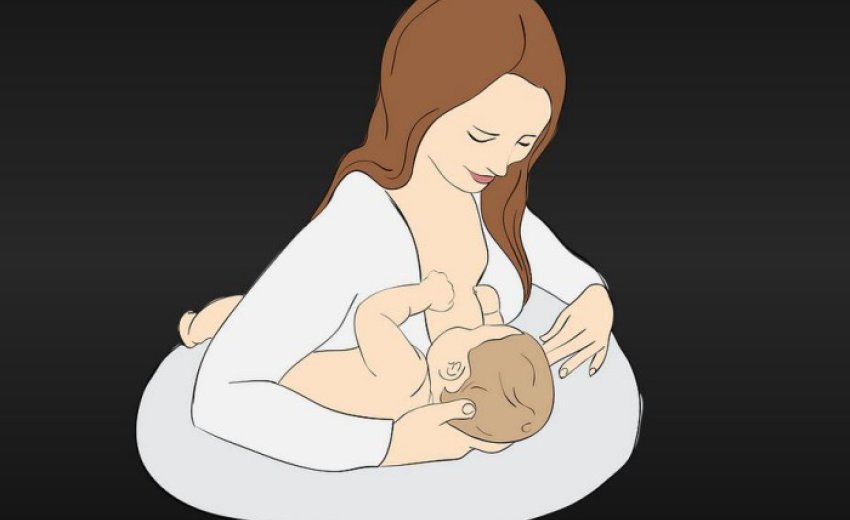Mothers may breastfeed their children two complete years for whoever wishes to complete the nursing [period]. Surah Al-Baqarah : 233
The Holy Quran is clear that the duration of breastfeeding of infants are for a period of two years. World Health Organization (WHO) and Government of India’s guidelines also suggest breastfeeding for a period of two years. Breast milk is an excellent source of nutrition and essential for the healthy growth of the child.
A latest study finds that a greater share of Muslim, Christian, and Sikh women breastfeed their young ones for less than two years. The study is done by Harvard School of Public Health of Boston, Massachusetts, USA and published in July 2008 issue of peer-reviewed journal Maternal & Child Nutrition.
The Harvard research team of Rahul Malhotra, Amit Noheria, Omar Amir, Leland K. Ackerson, and S.V. Subramanian analyzed the data from Indian National Family Health Survey-2 (NFHS-2) conducted in 1998–1999. The study looked at factors associated with termination of breastfeeding within the first two years of life of infants. NFHS-2 provides health related data from 92,486 households from 26 states of India.
A total of 33,026 children were in the dataset. 3.57% were never breastfed, though reasons were not given and complete information was missing for another 0.61%. Of the 31,645 children who were breastfed 6,974 or 22% of them had their breastfeeding terminated before they were 24 months of age.
Data analysis revealed that religion was an important factor in the likelihood of stopping breastfeeding. This likelihood was significantly higher for Muslims, Sikhs and Christian. In terms of adjusted ratio Muslim mothers are 10% more than Hindu mothers in stopping breastfeeding before their children have reached the age of 24 months, while this ratio is much higher for Christians (34$) and Sikhs (33%). Researchers made a note that there is nothing in these religion that will explain early termination of breastfeeding therefore it has to be cultural factors and norms.
Data also revealed that likelihood of stopping breastfeeding for SCs and STs were similar to general caste category but higher for the OBCs (13%).
![]() Other factors affecting early termination of breastfeeding
Other factors affecting early termination of breastfeeding
Increases:
Non-Manual occupation of mother
Mother’s education level
Father’s education level
Female child
Access to health care
Decreases:
Place of residence in rural areas
Increase maternal age at childbirth
Male Child
Since breastfeeding beyond the first 6 months is linked to the decrease in childhood mortality, and the study revealed that female children have a higher likelihood of early termination of breastfeeding, the researchers wondered whether this is a “contributing factor” to the low female-male ratio in India.
Researchers also noted that “There was an increase in likelihood of
stopping breastfeeding with an increase in maternal educational.”
Observing that “increasing maternal education favours early termination
of breastfeeding, but at the same time serves to reduce the gender
differential in termination of
breastfeeding.”
Researchers recommended focusing breastfeeding promotion programs on
high-risk mothers- such as female infants and first-born babies as well
as mothers with a higher wealth status, those aged less than 20 years
and those who belong to Muslim, Sikh and Christian communities.
Breastfeeding programmes should
lay more focus on urban areas and on maternity facilities in the private sector.”
Breastfeeding rate for India of all children till they reach the age of 24 years 63.14%. Bangladesh (89%) , Nepal (95% ) have better rate while Pakistan (55%) trails for the latest data available for these countries.
